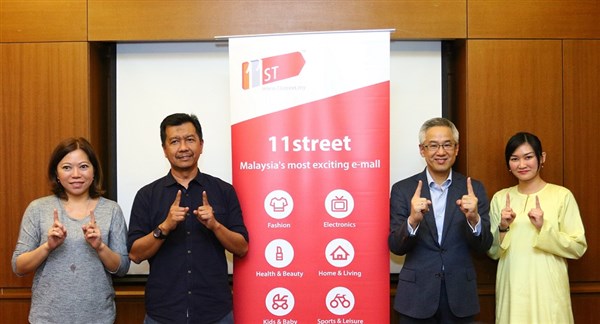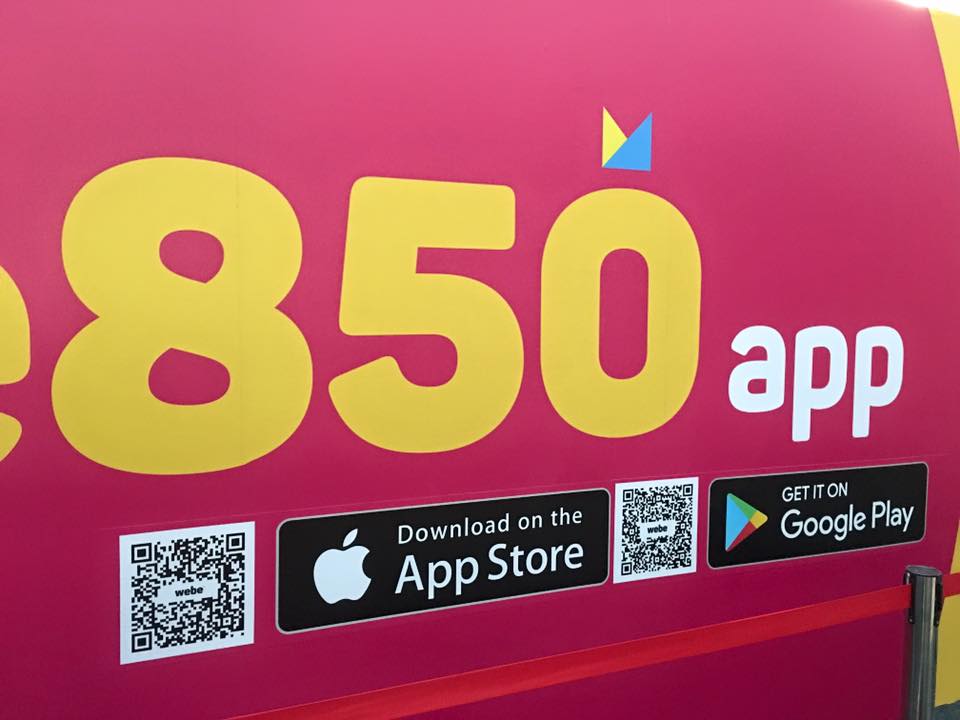Microsoft Malaysia announced a three-year partnership with the Malaysian Prisons Department (under the purview of the Ministry of Home Affairs), to provide juvenile inmates in the country with digital literacy and upskilling opportunities in the areas of digital inclusion, entrepreneurship, and capacity building.

The collaboration will provide these 500 inmates, aged between 16 to 21 from thirteen prison schools nationwide, with capacity building opportunities with Microsoft volunteers, student partners and NGO partners such as Yayasan Generasi Gemilang.
The main objective of this three-year collaboration is to prepare these individuals for employability, and to pursue further educational opportunities upon their release, Microsoft said. Inmates from the prison schools will be trained to use basic computer programs such as Microsoft Word, PowerPoint and Excel.
Microsoft Malaysia is also looking at providing training to teachers from the prison in the areas of digital literacy, which would help them to impart the necessary skills required to improve leaning outcomes.
Mary Snapp, Corporate Vice President of Microsoft Philanthropies, explained that the collaboration was part of Microsoft’s long-standing commitment to invest in digital inclusion programs and partnerships in the country. “Microsoft was founded on the principle that people can do remarkable things when technology is within reach. We want to create immersive and inclusive experiences that inspire lifelong learning, stimulating development of essential life skills – communication, collaboration, critical thinking, creativity, character, citizenship and computational thinking – and supporting educators in guiding and nurturing student passions.”
“We are excited about the partnership with the Prison Department of Malaysia on this program, which includes providing Digital Literacy, entrepreneurship, computer science and leadership amongst others, looks at employability and start-ups as an outcome for these 13 prison schools,” she said during her visit to Malaysia.
The announcement also marks the company’s second collaboration with the Prisons Department of Malaysia. Last year, Microsoft Malaysia’s Hour of Code initiative introduced over 160 Henry Gurney Prison School inmates to a specially created “Minecraft” coding tutorial, in which students and educators learnt about the basics of coding – allowing them to navigate, mine, craft and explore in a two-dimensional “Minecraft” world, plugging together blocks to complete actions and generate code.
Commenting on this development, Jasmine Begum, Director, Corporate, External & Legal Affairs, Microsoft Malaysia and Emerging Markets, said that this partnership allowed Microsoft to reiterate its commitment to the Malaysian Government to empower every person in every community. “Since our first humbling experience at Henry Gurney last December, we have been in discussions with the Prisons Department of Malaysia to make this collaboration a reality, and we are really pleased that this partnership will further solidify our commitment to equip and educate these individuals with the knowledge and skills that will be useful to them once they have been released.”
“The participation of the private sector in collaboration with the public sector is important in realizing our vision of being a high-income economy by 2020. This growth must be holistic, and the main ingredient to this is human capital. This is where I believe that the capacity building program is of importance, and I am pleased to note that Microsoft has put in place sustainable programs that encourage youth capacity building in IT within the community that Microsoft operates in. The tools provided in these programs are enablers which encourages the development of talent based on innovation and creativity that ultimately enhances our national competitiveness. In short, we are using technology to make a meaningful social and economic impact,” said Dato’ Sri Haji Zulkifli bin Omar, Commissioner General, Prisons Department of Malaysia.











